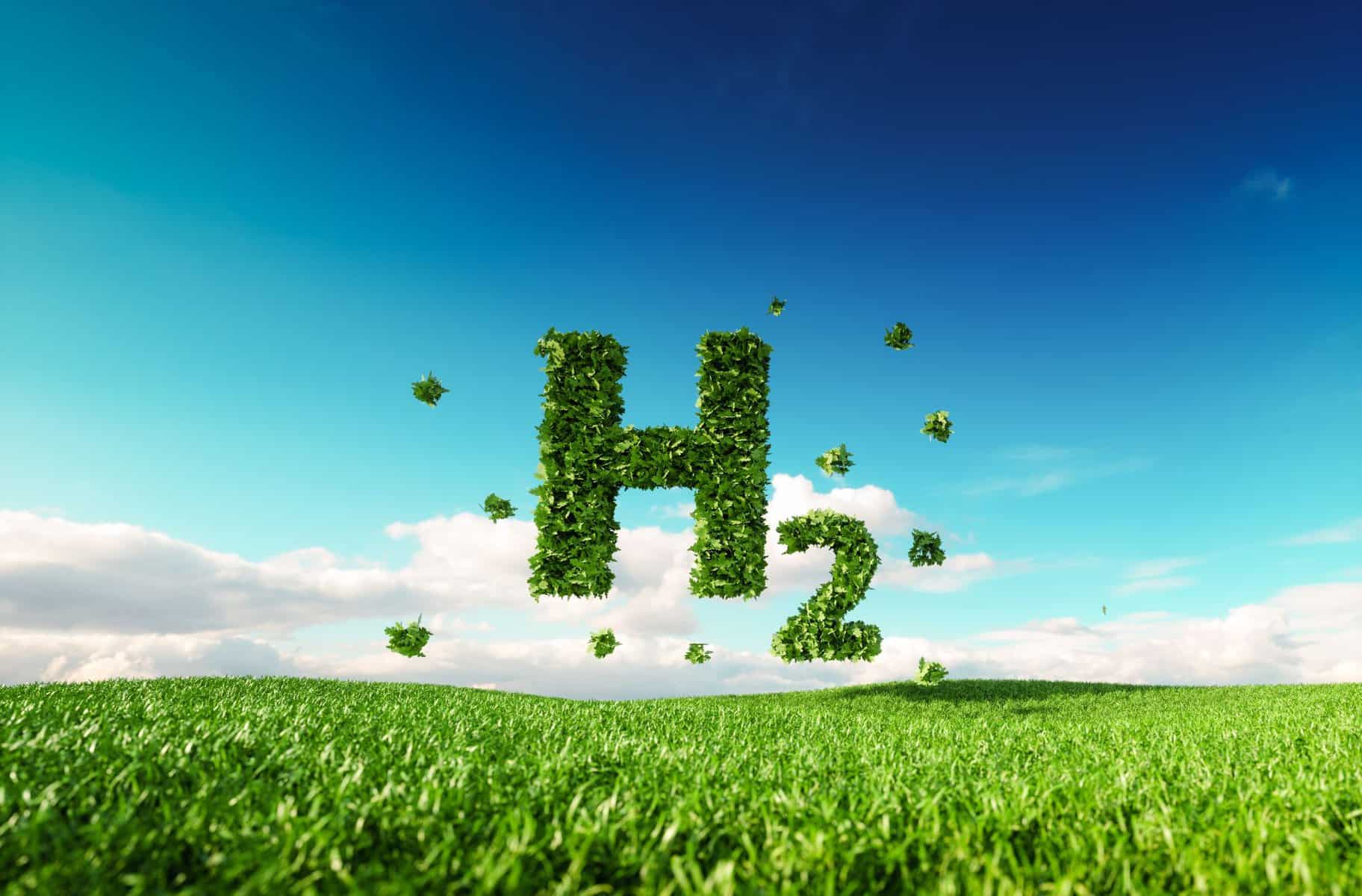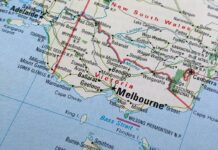All systems GO for Guarantee of Origin scheme

The Federal Government is rolling out the initial phase of the internationally-recognised Guarantee of Origin (GO) scheme to measure and certify emissions intensity across supply chains and support the development of Australia’s green industries.
A crucial component of the $22.7b Future Made in Australia program, the scheme will replace the RET in 2030 as the framework for certifying renewable electricity.
NSW Assistant Climate Change and Energy Minister Jenny McAllister says “the Guarantee of Origin scheme is the most important green industry program you never heard of”.
“As the world decarbonises, it will be increasingly important for businesses to be able to account for the carbon emissions associated with their products,” she said.
“Guarantee of Origin is a key to new market opportunities for Australian energy exporters in the race to net-zero.
“The Guarantee of Origin scheme will give Australian companies a competitive advantage by providing government backed certification of the carbon intensity of key green products.”
Funding for the development of the GO scheme was doubled in the FY25 Budget, bringing the total committed funding to over $70.4m.
The Guarantee of Origin scheme will issue digital certificates that allow producers, exporters and users to prove where a product was made and the emissions associated with its production and transport.
Supported by the Renewable Electricity Guarantee of Origin scheme, which will issue digital certificates proving when, where and how renewable energy was produced.
The certificates will then be used to establish eligibility for tax credits under the $6.7bn Hydrogen Production Tax Credit announced in the FY25 Federal Budget.
It will commence with hydrogen, expanding to include low carbon liquid fuels like sustainable aviation fuel, green metals like steel and aluminium, and biomethane and biogas.






















